Best Discoveries in Reading 2024: Crime Fiction
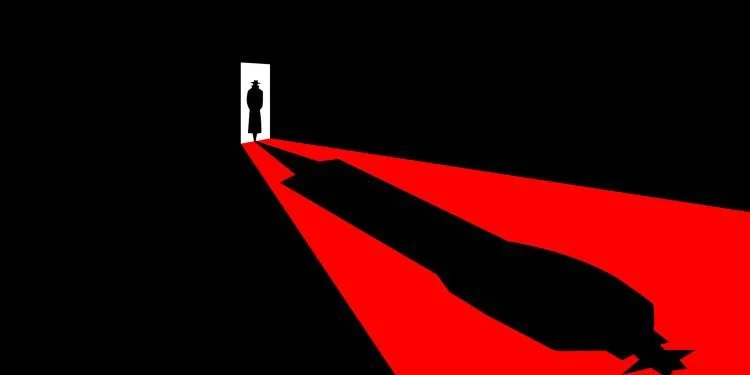
Defining crime fiction is like trying to put a fence around a territory that’s constantly expanding. While the term can run the gamut from cozy murder mysteries to hard-boiled crime, I tend to gravitate towards the hard-boiled side of life, so don’t look for Miss Marple here.
My crime fiction reading runs from 1939 to 2024 with two novels by Charles Willeford, six by Richard Stark, and more. Here we go:
New Hope for the Dead (Hoke Moseley #2, 1985)
Sideswipe (Hoke Moseley #3, 1987)
Charles Willeford wrote several good (and some great) crime novels. His Hoke Moseley series ended in 1988 (the year of Willeford’s death) with The Way We Die Now, and although I read them out of order, this is an outstanding yet somewhat unorthodox series. Journalist Woody Haut states that Willeford "creates characters who search for autonomy but settle for survival…” Well after their divorce settlement, Miami homicide detective Moseley’s ex-wife decides to dump their two teenage daughters on Hoke, making his life even harder. UK blogger Cocoatani writes, “Moseley himself is no Marlowe or Spade. He’s a typical anti-hero who struggles to stick to his diet, wears dentures, and wets himself in one of the first chapters of Sideswipe…. These books shouldn’t work, but they do.”
In New Hope for the Dead, Moseley investigates a lethal overdose in a fashionable Miami neighborhood, considers dating a witness, is threatened by his boss, has to figure out how his partner’s unwanted pregnancy (not caused by Moseley) will impact his job, and what to do with his two teenage daughters who’ve been dropped off at his door. Sideswipe finds Moseley at the end of his rope as he leaves the force and decides to move to nearby Singer Island to live a quiet life, but life has other plans.
I encourage you to start with Miami Blues (1984), the first novel in this unique and satisfying series.
I read six of the Parker novels by Richard Stark (Donald Westlake) in 2024, which leaves only six until I’ve finished the series. These books are lean, spare, and brilliantly executed. The stoic Parker works only when necessary and exclusively with people he trusts. The problem is, who can you trust?
Stark pulls out all the stops in my favorite book in this run, Butcher’s Moon (1974), which most people at the time thought would be the 16th and final book in the series. What begins as a seemingly routine sequel to Slayground (Parker #14) turns into a tour-de-force as Parker, simply trying to recover $73K from a heist carried out two years prior, starts a mob war. Fans wouldn’t see a new Parker novel for 23 years, but I didn’t wait nearly that long to read Comeback (1997). If you want to read the Parker novels, you must read them in order beginning with The Hunter (1962).
The Way Some People Die (Lew Archer #3, 1951) Ross Macdonald (Kenneth Millar)
Maybe my favorite Ross Macdonald novel so far. The title can be taken in different ways, not the least of which consists of Archer meeting several people in the process of dying in one way or another. The story of a mother's concern for a missing daughter is just a starting point of a fascinating noir-filled journey, one very much worth taking.
The Name of the Game is Death (1962)/One Endless Hour (1969) Dan J. Marlowe
Like many books from Stark House Press, this one includes two novels. Dan J. Marlowe was a crime writer Stephen King famously called “the hardest of the hardboiled.” We can debate that, but Marlowe certainly delivers a pair of stories unflinching in their hardboiledness (if that’s a word, and if it’s not, it should be). The Name of the Game is Death introduces us to Earl Drake, a master criminal trying to catch up to the man he teamed up with to pull off a barely successful heist. In a small Florida town, Earl (using one of his many aliases) finds plenty of temptations (mostly of the female variety) and a local cop who doesn’t take kindly to strangers. One Endless Hour is a less-satisfying sequel to the first novel, with Earl reinventing himself while attempting to pull off a couple of jobs after plastic surgery. I think of Earl Drake as a stepbrother of Richard Stark’s Parker, only less rigid and surrounded by more idiots. This two-novel collection is hardboiled and not for the kids.
California Bear (2024) Duane Swierczynski
A serial killer who terrorized California 40 years ago has returned, but things are different this time. Meanwhile, Jack Queen has been freed from prison only to be paired with a mentor assigned to help him transition back to a crime-free life. But Jack’s sponsor, ex-cop Cato Hightower, has plans for how Jack can help with a certain lucrative venture. Yet Jack knows he needs to spend as much time as he can with his daughter Matilda, who’s been hospitalized for leukemia. If this sounds dark and foreboding, it is… and sometimes isn’t. California Bear is filled with genuine dread but also hilarious comedic episodes. I don’t know how he does it, but Swierczynski achieves the perfect balance with this novel. Highly recommended.
The Night Always Comes (2021) Willy Vlautin
My first encounter with Willy Vlautin's work was a nice surprise. Although this novel contains more drama than I’m used to in my crime fiction, it’s necessary here. Lynette is a 30-year-old woman weighed down by debt, multiple jobs, caring for a developmentally disabled older brother, and a mother who’s reluctant to make an important decision that could make all their lives easier. The opening contains long conversations between Lynette and her mom which appear tedious, but you find out later how crucial they are. I don’t quite buy the ending, but The Night Always Comes asks some tough questions about people barely scraping by contrasted with the greedy rich, yet handled in a way that avoids heavy-handedness. And it’s totally noir. I’m eager to read more by Vlautin.
Somebody’s Done For (1967) David Goodis
I’m so thankful that Stark House Press keeps the works of writers like David Goodis in print. Goodis’s final novel takes place on Delaware Bay, where Calvin Jander’s boat capsizes with no other people, boats, or land in sight. Nearly exhausted from treading water, Cal’s hopes spring to life as a boat draws near. The two men in the vessel see Cal but then turn around. I won’t tell you how Cal gets out of this predicament, but once he does, he might wish he had drowned. This is dark stuff expertly handled.
Chasing the Boogeyman (2021) Richard Chizmar
This frightening novel, disguised as a true crime thriller, makes me want to read all of Richard Chizmar’s work. The author’s personal touches, taken largely from his experiences growing up in Maryland (where I also live), make Chasing the Boogeyman an amazing read. Think of it as a kind of Stand By Me story for post-adolescents but with a serial killer on the loose.
The Annotated Big Sleep (1939/2018) Raymond Chandler/Owen Hill, Pamela Jackson, Anthony Rizzuto, eds.
Raymond Chandler’s 1939 novel The Big Sleep is a classic, and this annotated edition brings out aspects of the detective genre, Los Angeles, Chandler’s own life, comparisons to both the 1946 and 1978 films, and more, opening up the novel in several illuminating ways.
The Sins of the Fathers (Matthew Scudder #1, 1976) Lawrence Block
The Sins of the Fathers is a solid, no-nonsense detective story of the closed-case murder of a prostitute and her killer’s suicide. All of this occurs before the novel begins, yet private detective Matthew Scudder is hired by the murdered girl’s father to find out why she was killed. The story itself seems routine, but the character of the detective makes the novel compelling. By the time you finish, you know everything you need to know for a satisfying ending, yet you’ve learned very little about Scudder himself. I look forward to reading the rest of the series and learning more about the detective and what makes him tick.
The comments are open, so let me know what crime fiction you enjoyed in 2024.


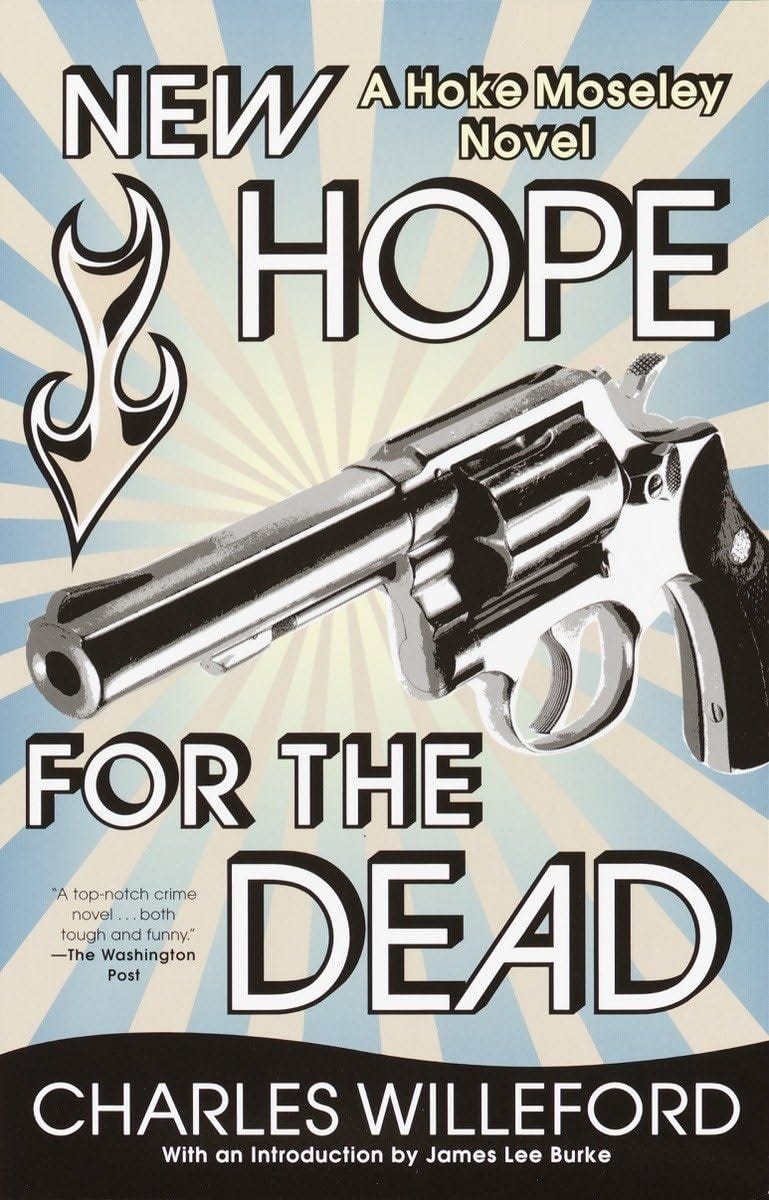
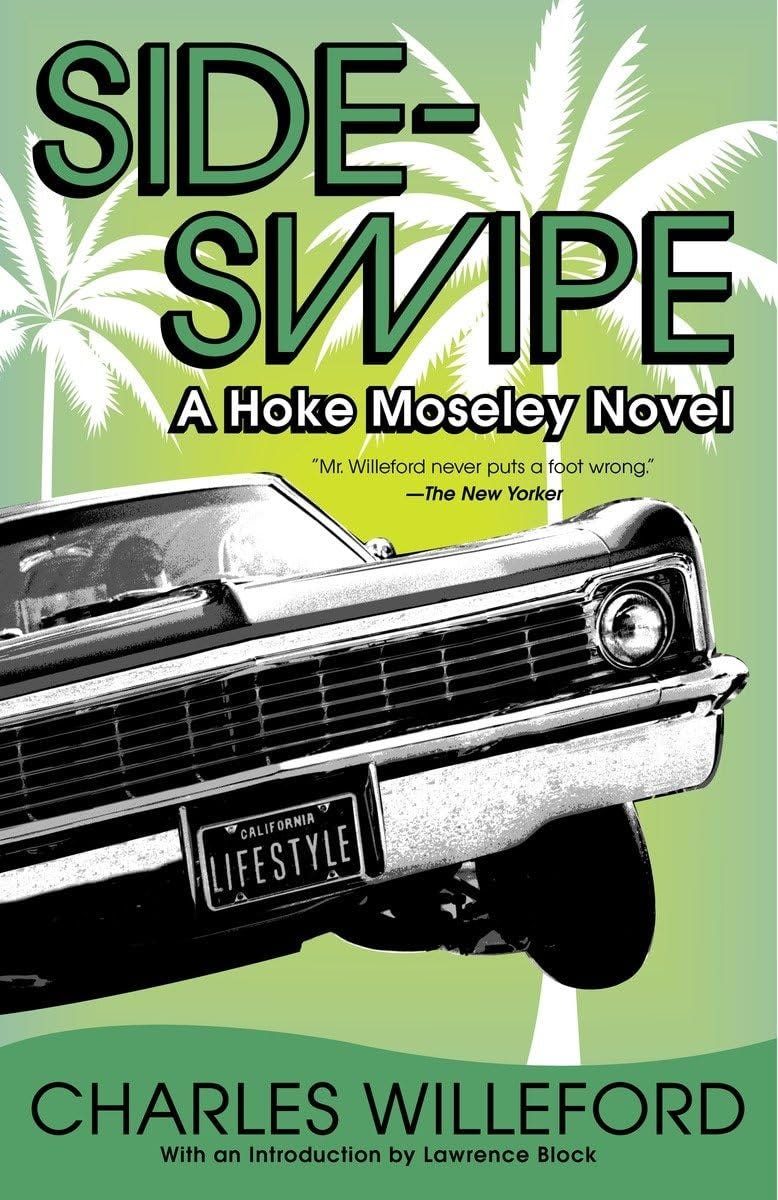

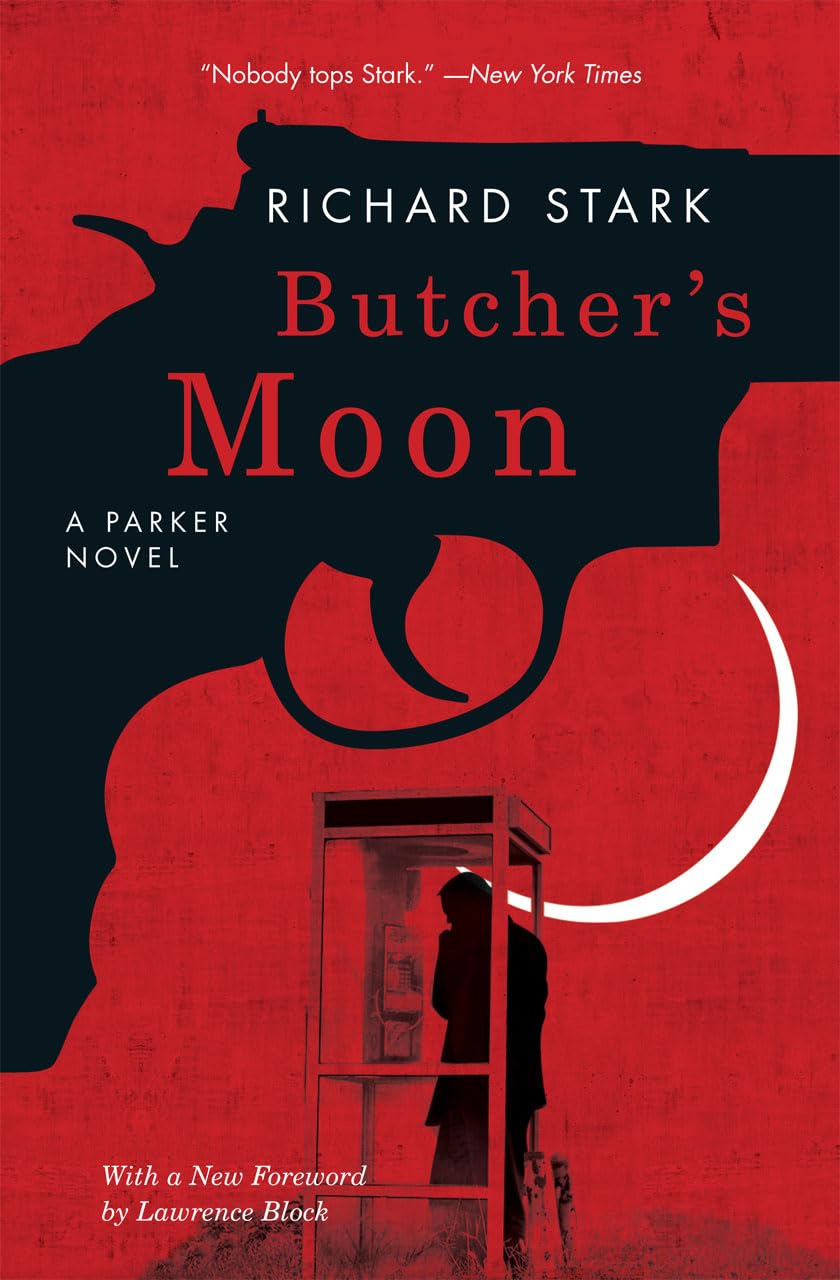
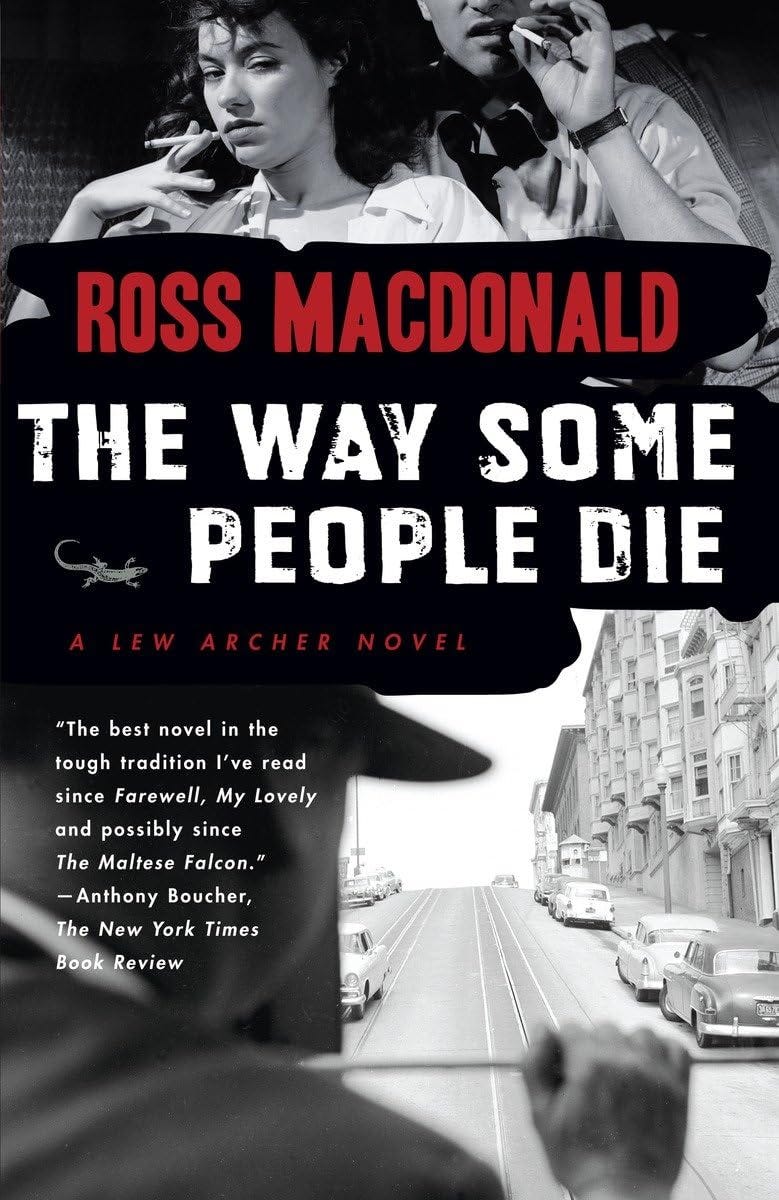
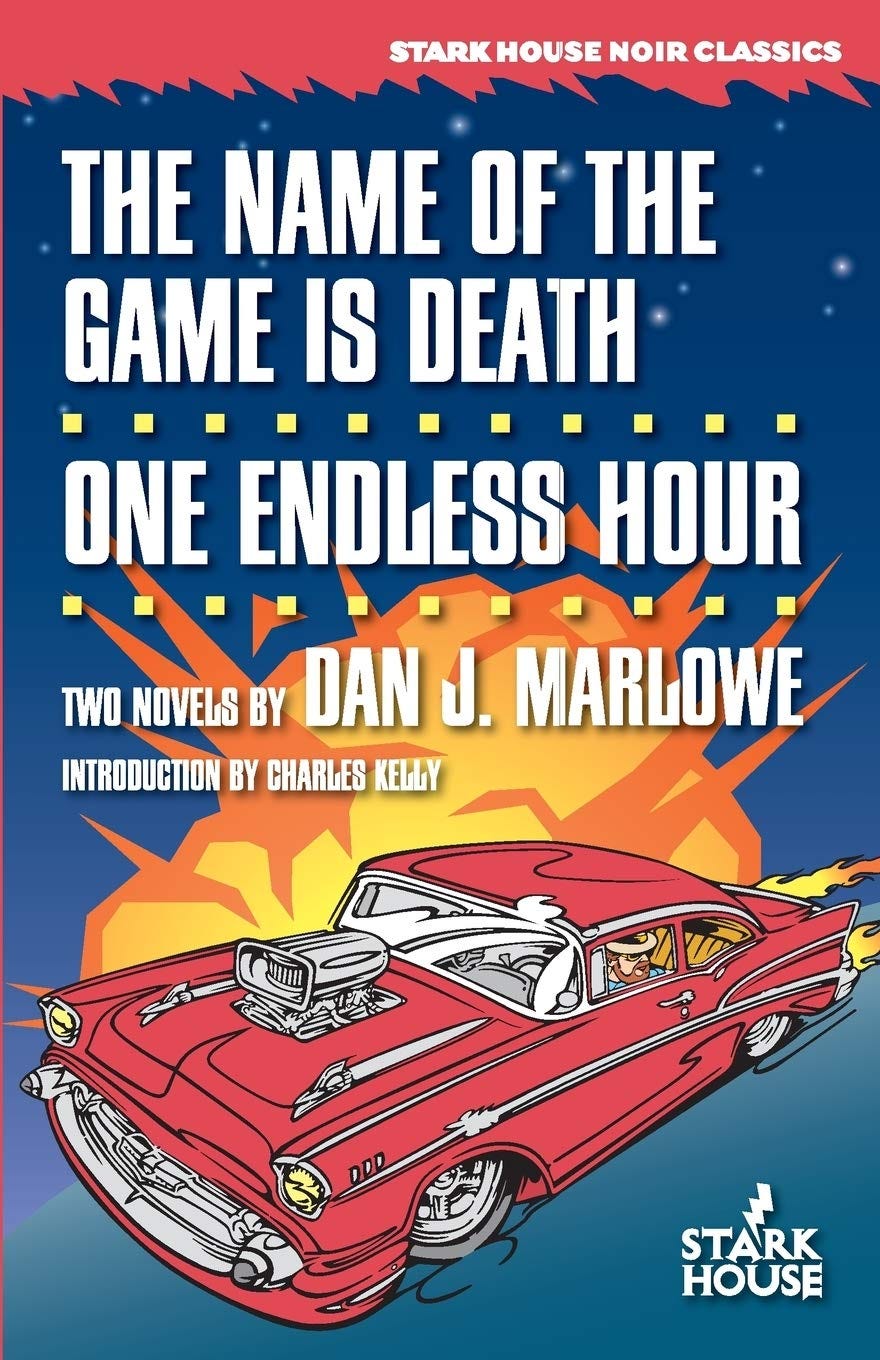
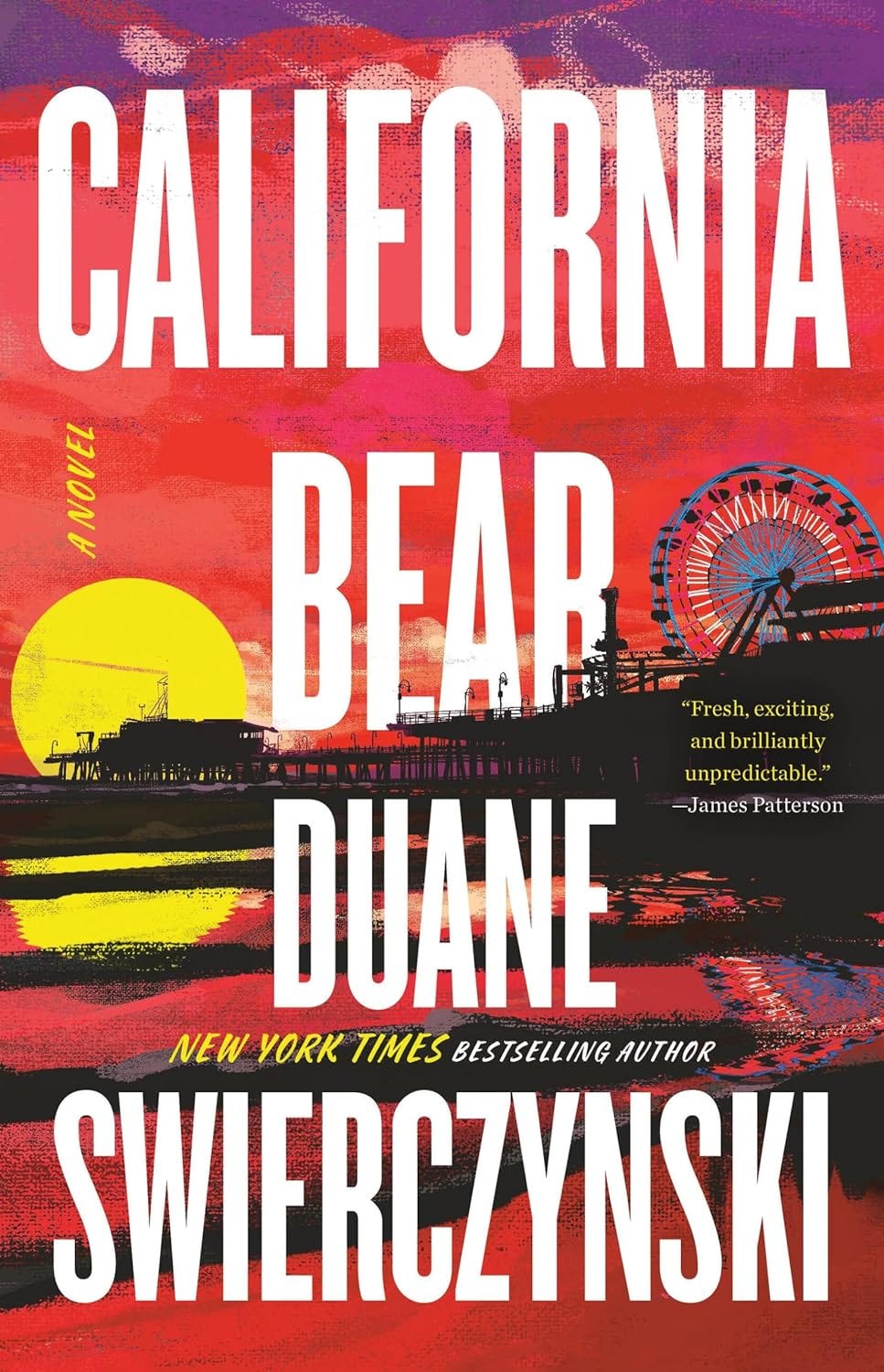
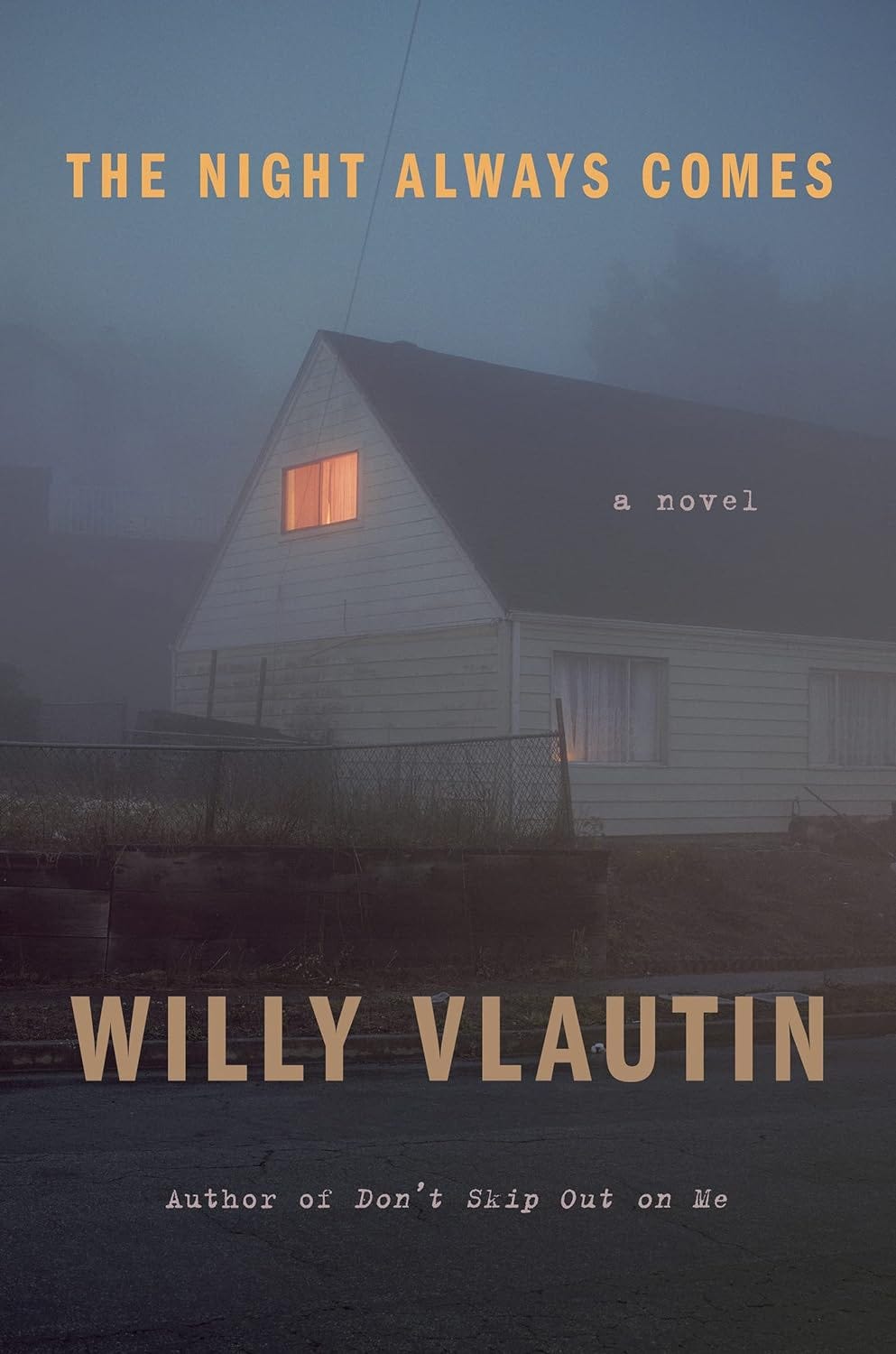

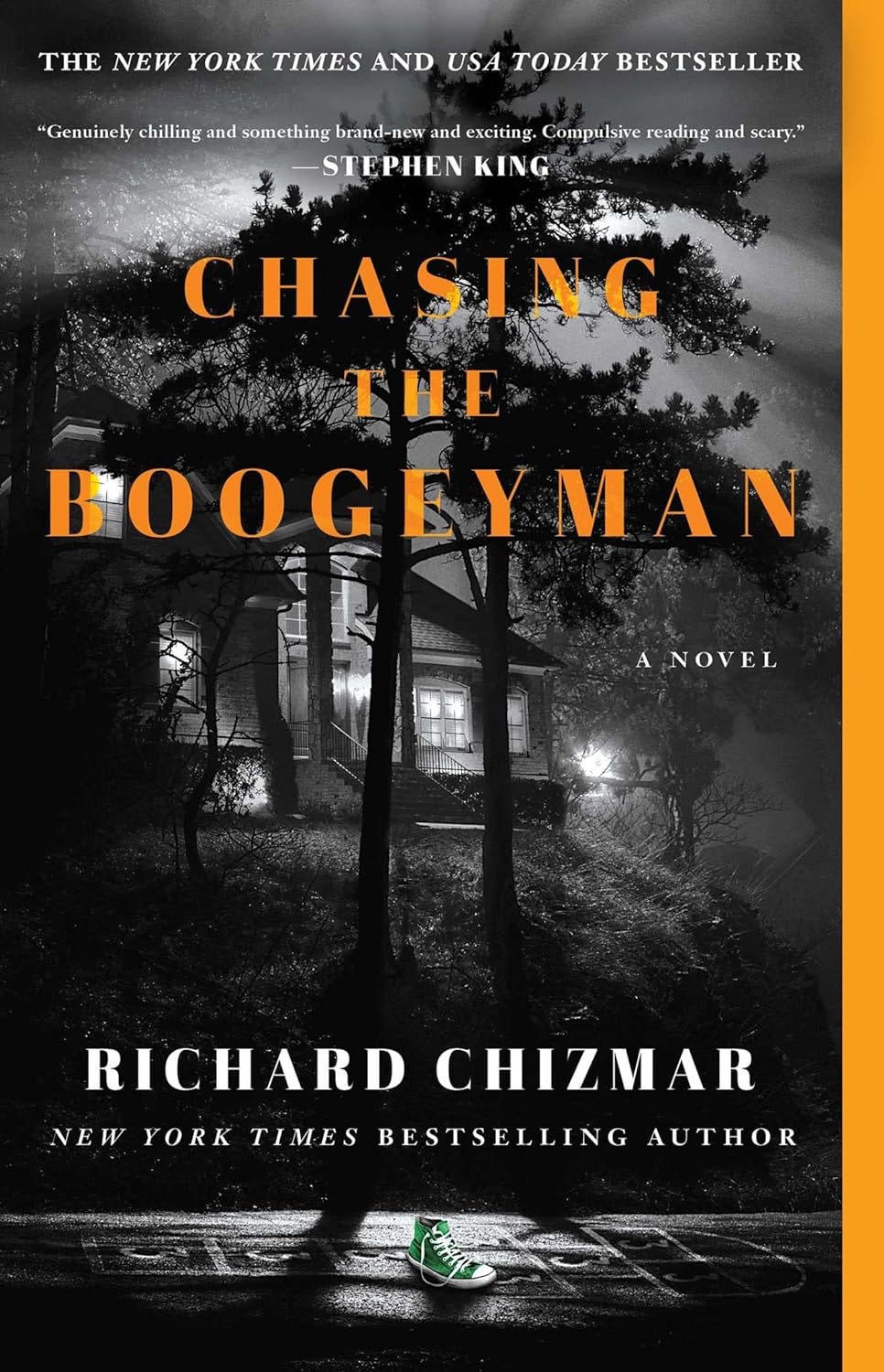
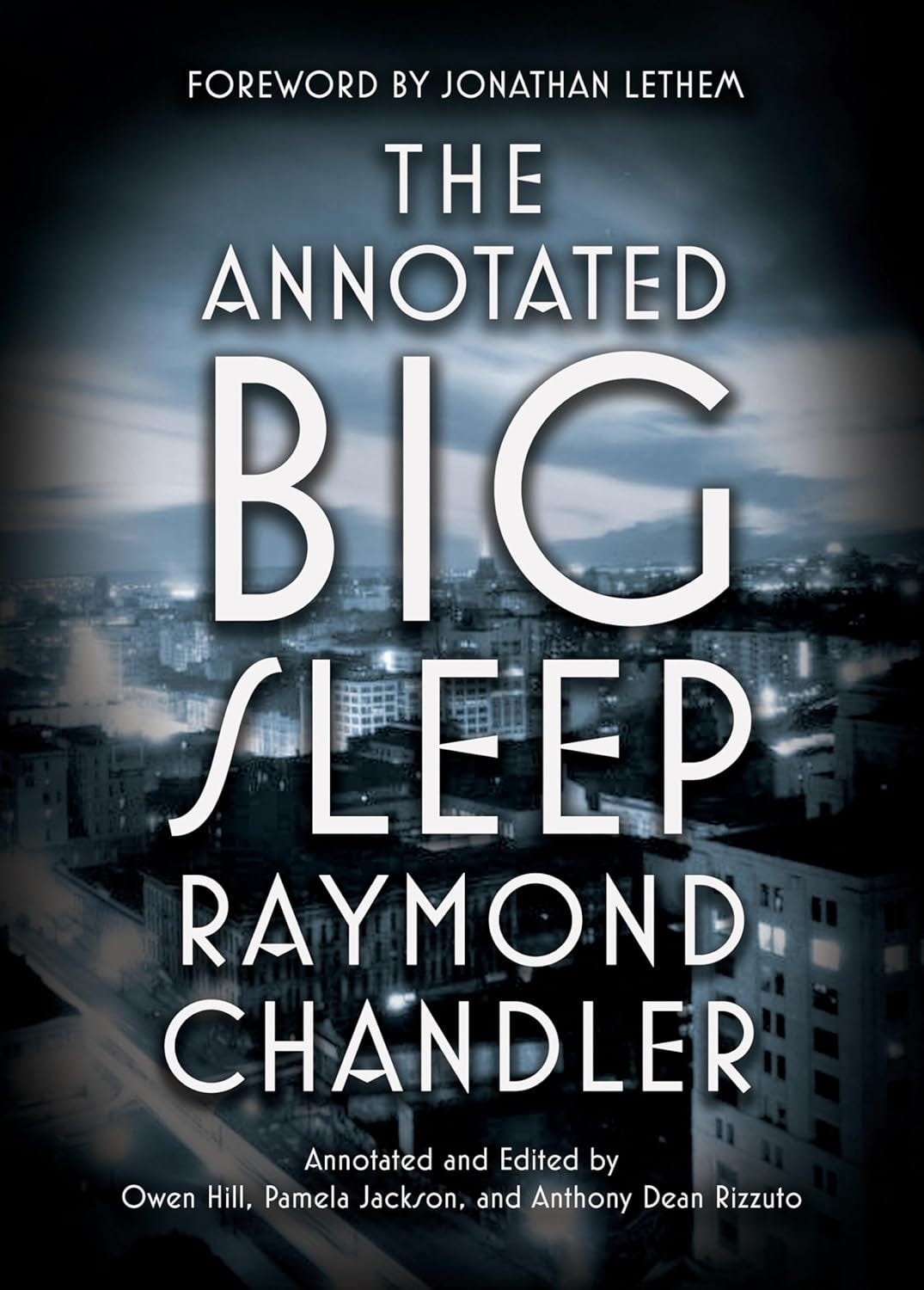
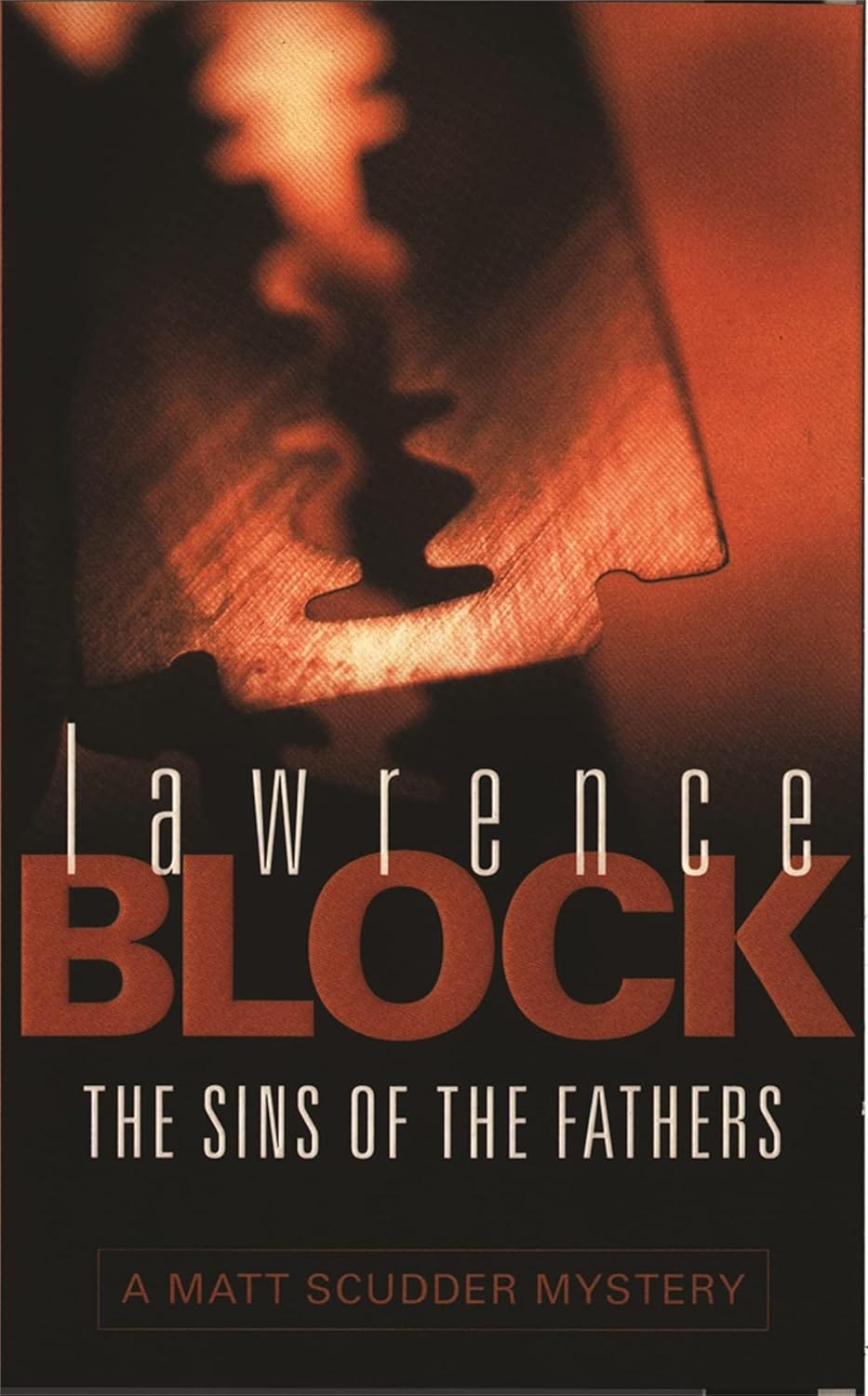
Have read the Lew Archer series at least 5 times through since I was in my teens - special affinity because I am from Santa Barbara. MacDonald is the best, IMHO.
A list that is 37% Parker is a great list.